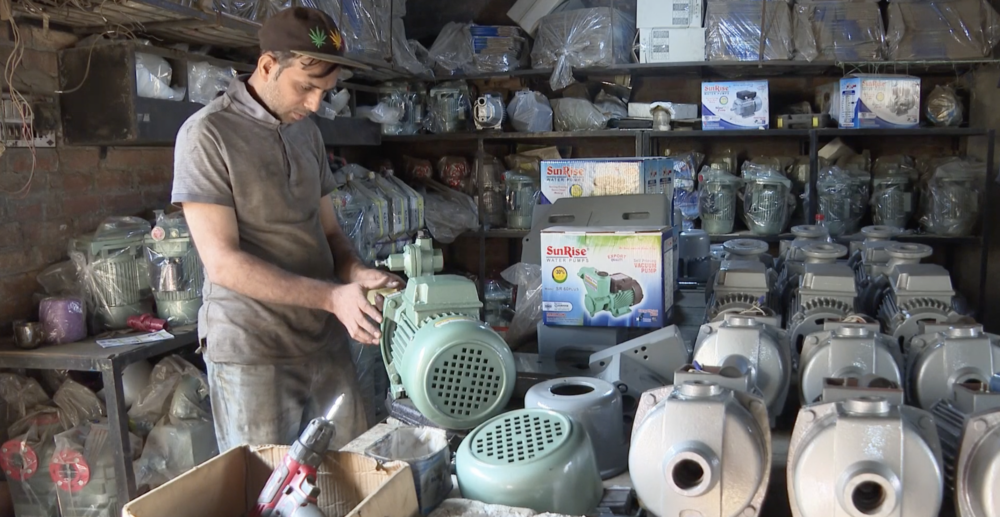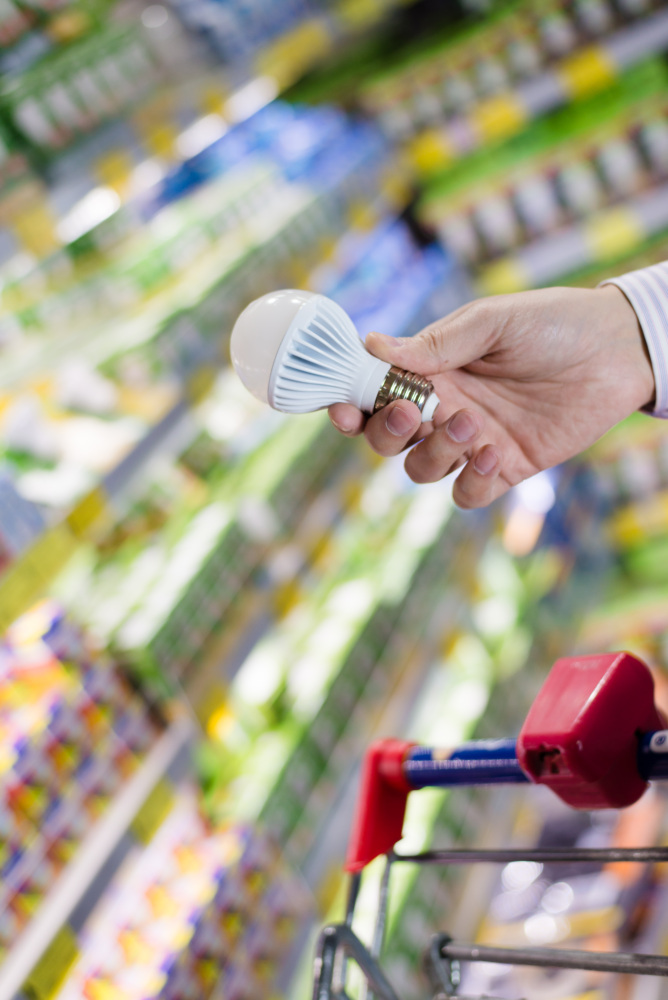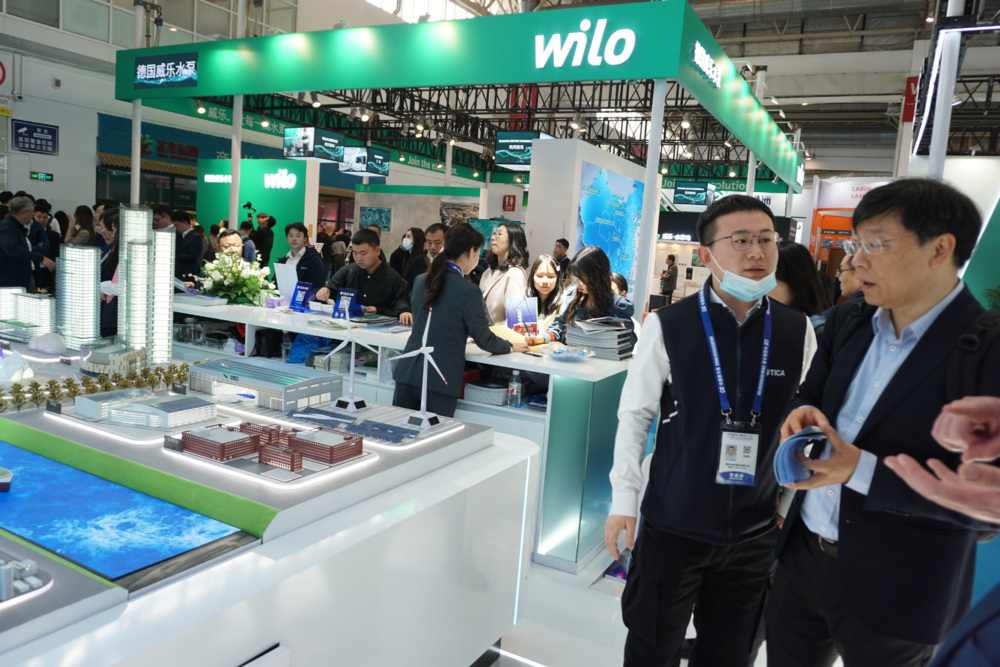Report Exposes Widespread Dumping of Inefficient, Climate-Damaging ACs with Obsolete Refrigerants
CLASP examines the ongoing, widespread sale of less efficient air conditioners with obsolete refrigerants across Southeast Asia. This report gives actionable solutions to lower emissions and slash consumers' energy bills.
September 20, 2023, Jakarta – A new report warns that multinational companies are exporting millions of inefficient air conditioners to Southeast Asia, taking advantage of loopholes in national laws and regulations. Because these units contain high global warming potential (GWP) refrigerants, this appliance dumping contributes to climate change, strains national energy grids, and burdens consumers with higher energy bills.
This report by CLASP, with support from the Institute for Governance & Sustainable Development (IGSD), documents that five of the six Southeast Asian markets studied – Indonesia, Malaysia, the Philippines, Thailand, and Vietnam – are saturated with low-efficiency room air conditioners (ACs), while only Singapore has efficient ACs with less-damaging refrigerants. The inefficient ACs are produced by multinational companies that make high-efficiency models for sale in their home country markets.
With record heatwaves sweltering Southeast Asia and elsewhere each year, demand for residential air conditioning is projected to rise rapidly to support the lives and livelihoods of billions. The report shows that if all six countries prevented inefficient AC dumping, it would reduce cumulative emissions over 25 years by more than 1 billion metric tons of carbon dioxide. Over the same 25 years, the region would also save USD 148 billion cumulatively for consumers, exceeding the combined energy investment of the six analyzed countries over the last quarter century (USD 134 billion).
The report finds:
- The dominant multinational brands responsible for this dumping are headquartered in China, Japan, South Korea, and the United States. Since the majority of electricity in Southeast Asia is generated by fossil fuels, energy-intensive RACs contribute towards substantial indirect carbon emissions.
- In 2021, a notable 74% of total sales (6.2 million units) in the six markets were classified as low efficiency. However, sales of low-efficiency RACs vary by country. Indonesia and the Philippines are the most exposed to dated technology, with 97% and 78% of RACs, respectively, falling into this category, while in Vietnam, Malaysia, and Thailand the number is around 60%. Singapore had the most efficient RAC market, with just 21% of total sales being low-efficiency models.
- Most RACs imported to Southeast Asia do not meet the applicable minimum energy performance standards (MEPS) of the export countries. This means these inefficient units cannot be sold in those domestic markets. Approximately 93% of RACs imported into Southeast Asia from China do not meet the efficiency requirements of China MEPS. 59% of RAC exports from South Korea to Southeast Asia and 21% of RAC exports from Japan to Southeast Asia are below the brands’ home-country requirements.
- The six Southeast Asian RAC markets use HFC refrigerants that have high GWPs. R-410A, an obsolete refrigerant scheduled for phasedown under the Montreal Protocol, has a GWP of 2,088, meaning it is over 2,000 times the potency of carbon dioxide. RACs containing R-410A accounted for 35% of Southeast Asia sales in 2021, measuring highest in Singapore (90%) and Thailand (66%).
Commenting on the research, Christine Egan, CEO of CLASP, said, “In the midst of a global climate emergency where high temperature records are broken annually, it is disappointing that the production and sale of affordable efficient ACs does not extend across all markets in Southeast Asia. This research shows the added financial savings and emission reductions that can come from stopping the influx of obsolete, energy-guzzling appliances that provide life-saving cooling to millions of people.”
Tad Ferris, Senior Counsel at IGSD, cautioned, “This report warns of trade practices harmful to every living creature and ecosystem. The unchecked dumping of inefficient ACs using obsolete refrigerants is exacting an exorbitant toll in vulnerable Southeast Asian communities facing record-setting heat waves during the climate emergency. It is imperative to reverse this trajectory. This report underscores a suite of solutions that include collaborative commitments between multinational corporations and exporting and importing countries, to eliminate the high lifecycle cost of inefficient ACs with obsolete refrigerants.”
Drawing from the research, the report provides actionable recommendations to mitigate dumping. It emphasizes the urgency of implementing robust energy performance standards, fostering favorable trade practices, and enforcing anti-environmental dumping policies. These steps are pivotal to ensure sustainable cooling access while reducing negative impacts on the environment and energy systems.
Press Contact Details (EN)
Karishma Joseph
Senior Communications Associate (Asia) – CLASP
Kjoseph@clasp.ngo
Whatsapp: +91 9538 372435
About CLASP
CLASP is an international nonprofit leading the research and promotion of appliance efficiency and energy access to improve the lives of people and the planet. CLASP works with governments, industry, communities, and others to propel policies and markets toward the highest-quality, lowest resource-intensive products possible.
About IGSD
The Institute for Governance & Sustainable Development (IGSD) works to ensure fast cuts to the non-carbon dioxide climate pollutants and other fast climate mitigation strategies to slow near-term warming and self-amplifying climate feedbacks and limit global temperature to 1.5 °C – or at least keep this temperature guardrail in sight. IGSD’s approach to fast mitigation includes science, technology, law and policy, and climate finance. IGSD works at the global, regional, national, and subnational levels.









